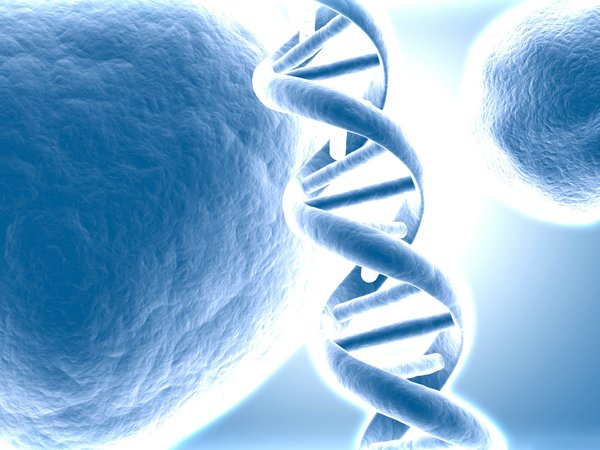We are still to this day learning new information about our bodies and how they work. Scientists once thought that vast chunks of non-coding DNA was kind of useless and had no function. However, under deeper scrutiny, they’ve discovered this may not be the case at all. An international team of scientists at Imperial found that this junk DNA helped to regulate function in the pancreas, and their findings were published recently in the journal Cell Metabolism.
The study revealed that certain non-protein coding regions actively helped to regulate key genes in beta cells. These beta cells are what create insulin, and in turn, help ensures the correct blood sugar level in the body is maintained. Professor Jorge Ferrer, Head of Epigenetics and Disease at the Department of Medicine at Imperial and leader of the study, said, “There’s only a tiny proportion of the genome that codes for proteins. The rest of it was largely uncharted until a few years ago. But this non-coding DNA is now known to harbor many functional elements which regulate other genes.”
Ferrar and colleagues discovered some time ago that long regions of junk DNA are copied to RNA in pancreatic cells, but more recently their studies revealed that some of this RNA that wasn’t involved in coding for proteins was in fact used to regulate and fine-tune gene activity. However, researchers from the US, France, Switzerland, Spain, and Italy, dug a little deeper than that and found that these RNA’s cause the DNA to twist and kink and regulate controlling genes in the process.
One particular region of junk DNA is called PLUTO (PDX1 Locus Upstream Transcript) and is located near a transcription factor called PDX1. Researchers discovered that PLUTO could, in fact, change the way the DNA folded, and while these changes happened inside the PDX1 region activity in controlling genes was enhanced. Ferrer explained that many people with diabetes might have high risk or mutated versions of the genes. “PDX1 is essential to countering the body’s growing resistance to insulin, so these genes are really important in terms of human diabetes – both inherited and acquired”, said Ferrer. Tissue sample analysis revealed that when it came to patients with type 2 diabetes, both PLUTO and PDX1 were less active in the beta cells, which suggests that such regions play a part in regulating healthy cells.
These non-coding RNA’s may well change the activity of vital genes found in beta cells and as a result could provide new targets for developing better treatments. Ferrar said, “These long non-coding RNA’s are a new class of genes whose function we can now try to unravel. They could potentially be relevant to the mechanisms underlying diabetes.”
More News To Read











